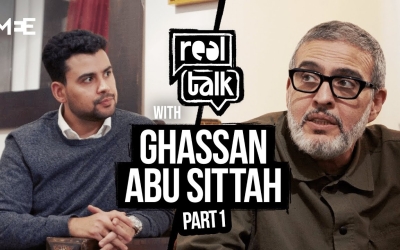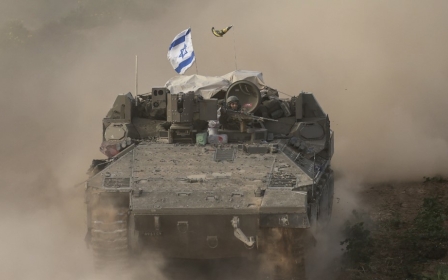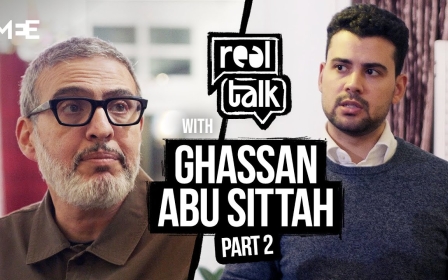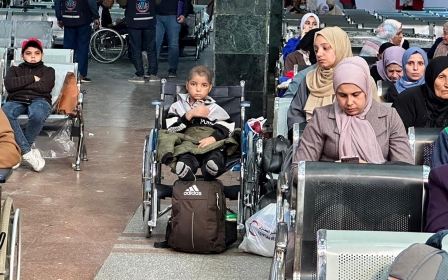British-Palestinian war surgeon elected rector of University of Glasgow
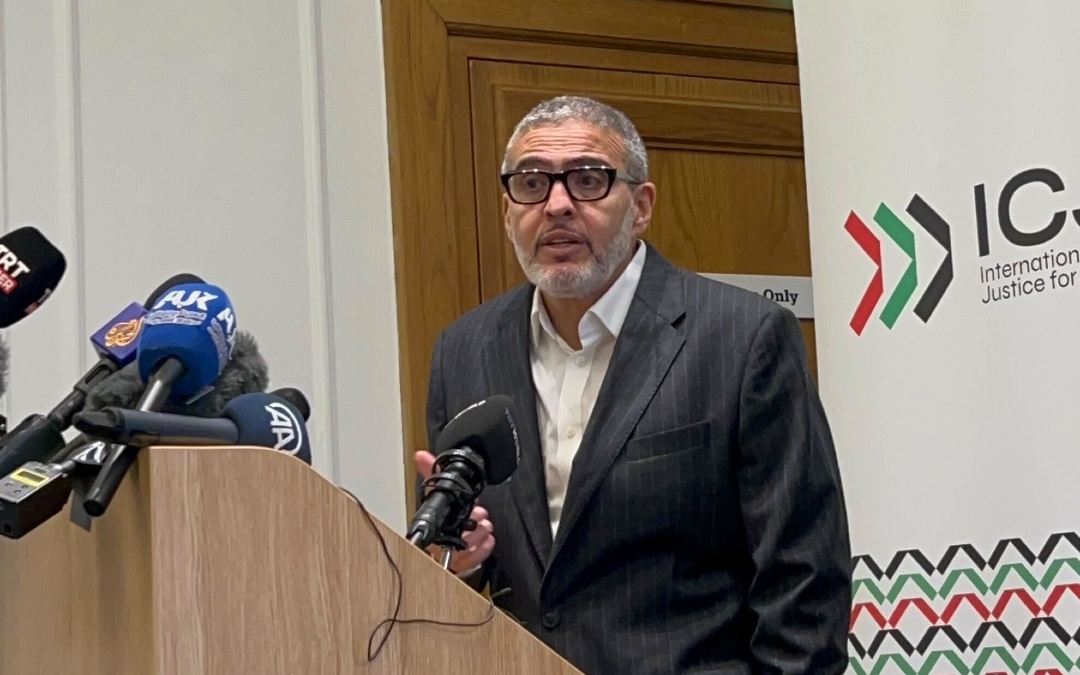
Ghassan Abu Sittah, a British-Palestinian doctor who spent more than a month last year in Gaza performing surgeries for wounded Palestinians, has been elected as the new rector of the University of Glasgow.
Abu Sittah, a former student at the university, is a leading and renowned plastic and reconstructive surgeon with expertise in war zone medicine. He received 80 percent of the first-choice votes, and will now serve a three-year term as rector, the highest official position in a university.
In an interview with The Herald, a Scottish newspaper, he said his time as a student at the University of Glasgow helped shape his career choices, and led him to a career in conflict medicine.
"The life choices that I made and the career choices that I made to pursue a parallel career in war surgery was built out of that experience and that side of Glasgow that is extremely internationalist," he told The Herald.
He noted that while studying at the school, the university's rector was Winnie Mandela, wife of anti-apartheid activist and former South African president, Nelson Mandela.
New MEE newsletter: Jerusalem Dispatch
Sign up to get the latest insights and analysis on Israel-Palestine, alongside Turkey Unpacked and other MEE newsletters
"Glasgow University took a principled stand then, and I think for this new generation Palestine is the anti-apartheid struggle," he said.
During that time, the university had also set up scholarships for the victims of the 1982 Sabra and Shatila massacres, when a right-wing Lebanese militia killed hundreds in two adjoining refugee camps in southern Lebanon, as Israeli troops watched on.
Abu Sittah was born in Kuwait to Palestinian parents who were forced to leave their land during Nakba in 1948. He has often worked in Gaza, providing plastic surgery to victims of the several wars that have taken place there in recent decades.
He has also worked in Iraq, Yemen, Syria, and Lebanon. In Beirut, he set up a cleft care programme for refugee children.
Smelling 'death and decay'
After Israel began its war on Gaza, Abu Sittah made the quick decision to travel there to provide expertise for the enclave's civilian population which was facing daily bombings from Israeli warplanes. Just a few days after the war began, he was in Gaza.
He went on to spend 43 days operating out of al-Shifa hospital and al-Ahli Baptist hospital in Gaza.
In addition to providing life-saving support to numerous Palestinians, he also became a prominent source of news and information coming from Gaza.
Since Israel's war in Gaza began following the 7 October attacks led by Hamas, Israeli forces have killed more than 32,000 Palestinians, levelled entire residential neighbourhoods and targeted civilian infrastructure including UN shelters, schools, mosques, and hospitals.
Abu Sittah detailed the desperate situation inside Gaza's hospitals, which were receiving far more patients than they could deal with, on top of facing bombardment and supply shortages.
Abu Sittah, who worked at both al-Shifa and al-Ahli hospitals, noted that Gaza’s medical infrastructure had been targeted repeatedly by Israeli forces during its bombardment of the territory.
"We saw the Israelis target solar panels on top of hospitals, buildings and even patients,” he said in a previous interview with Middle East Eye.
"Every time you drove past a building, you could smell death and decay."
He described his most recent time in Gaza as one of the most difficult times of his life, and spoke to MEE at length about what it was like to work there, including at times when they didn't have enough supplies to perform surgery.
"If you can't operate on the wounded, then you just bandage them up and put them in the corner and hope for the best," he said.
Middle East Eye delivers independent and unrivalled coverage and analysis of the Middle East, North Africa and beyond. To learn more about republishing this content and the associated fees, please fill out this form. More about MEE can be found here.


